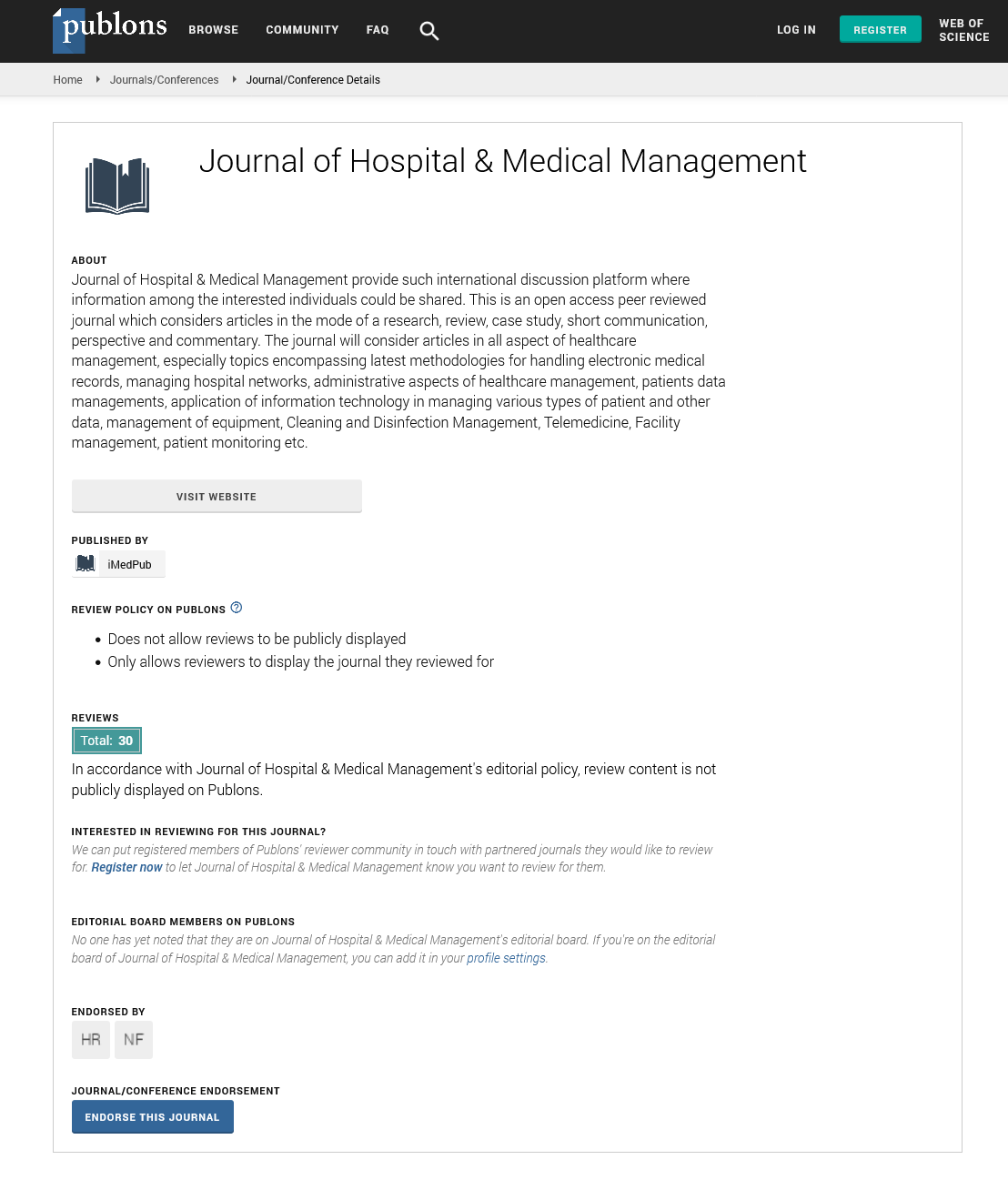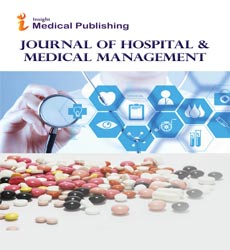Abstract
Farcial Futile Pharmacy Fiasco-let Pharmacy Return to its Apothecary Roots
Peruse the following hypothetical conversation at a hypothetical graduation ceremony.
INQUIRER – Congratulations! You are now a pharmacist.
PHARMACIST- Thank you.
INQUIRER-So what can you do as a pharmacist?
PHARMACIST-I can sell people drugs after the doctor prescribes them
INQUIRER-Can you manufacture drugs?
PHARMACIST- No I cannot. Chemists, chemical engineers, pharmaceutical scientists and pharmaceutical manufacturing technicians and technologists can do that.
INQUIRER- So all you do is read the prescription, check your shelf and hand the drugs over to the patient.
PHARMACIST-Basically, yes.
INQUIRER-And you spent 5 years in university to learn that? My 10 year old can do that. Anyone who can read the doctor’s writing can do that. And these days with many doctors handing over electronic prescriptions you don’t even have to be able to read the squiggly scribbles.
PHARMACIST [visibly angry]-Oh shut up! Pharmacists can also recommend ointments and creams for a cut or a bruise or burn, rash or infection.
INQUIRER-So can I! I have done so many times. And I didn’t have to study for 5 years to learn that.
PHARMACIST-I can give injections!!!
INQUIRER-So can the heroin addict on the street. You don’t need to study for years to be able to find a vein. A layman can read a prescription and sell a drug. A layman can recommend creams and lotions. A layman can give a hypodermic injection. But a layman cannot mix chemicals together and produce a tablet or a capsule or a syrup. That is what a pharmacist should be able to do. I’d go to college for 4 years to be able to do that.
PHARMACIST –Shame on you! This discussion is over.
Author(s):
Seun Ayoade
Abstract | Full-Text | PDF
Share this

Google scholar citation report
Citations : 319
Journal of Hospital & Medical Management received 319 citations as per google scholar report
Journal of Hospital & Medical Management peer review process verified at publons
Abstracted/Indexed in
- Google Scholar
- China National Knowledge Infrastructure (CNKI)
- WorldCat
- Publons
- International Committee of Medical Journal Editors (ICMJE)
Open Access Journals
- Aquaculture & Veterinary Science
- Chemistry & Chemical Sciences
- Clinical Sciences
- Engineering
- General Science
- Genetics & Molecular Biology
- Health Care & Nursing
- Immunology & Microbiology
- Materials Science
- Mathematics & Physics
- Medical Sciences
- Neurology & Psychiatry
- Oncology & Cancer Science
- Pharmaceutical Sciences


